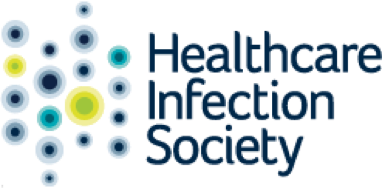Our strategy 2025-2030
Our mission: To provide healthcare professionals with the information, evidence and skills they need to prevent and control HCAIs.
Our vision: A world in which HCAIs have been reduced to the lowest possible level.
Who we are
- We are interdisciplinary experts in the prevention and control of infections
- We inspire generations of professionals to tackle healthcare-associated infection through training, education and collaboration
- We support everyone working in IPC to collaborate to reduce healthcare-associated infections, protecting patients and each other
- We pioneer worldleading science and drive effective practice
- We prevent healthcareassociated infections globally by sharing research, evidence and best practice
Our strategic plan
Our plan is to support healthcare professionals to manage, prevent and control healthcare-associated infections which we will achieve via five strategic objectives.
1: Multi-disciplinary Engagement
Grow and support our membership, nurture an inclusive community and deliver resources that meet the community’s needs
2: Education and Training
Equip all IPC professionals with the knowledge and skills necessary to effectively prevent infections to protect patients and each other
3: Global Collaboration and Outreach
Strengthen global networks and partnerships to enhance the impact of IPC efforts worldwide
4: Advance Research and Support Best Practice and Guidelines in IPC
Foster cutting-edge research, publish robust guidelines and support innovations that reduce the incidence of HCAIs
5: Advocacy and Influence
Influence healthcare and research policy and practice to advocate for all in the field of IPC

